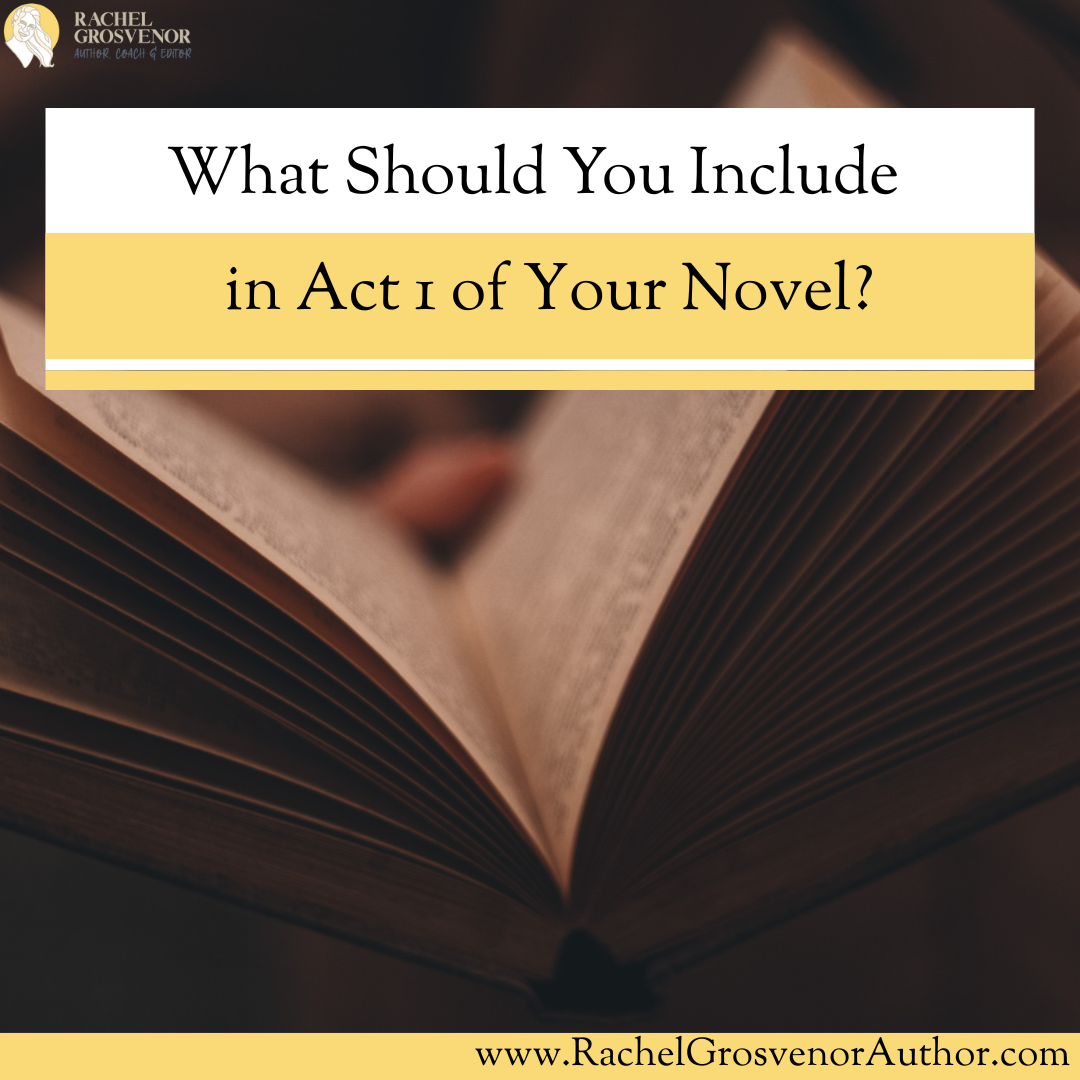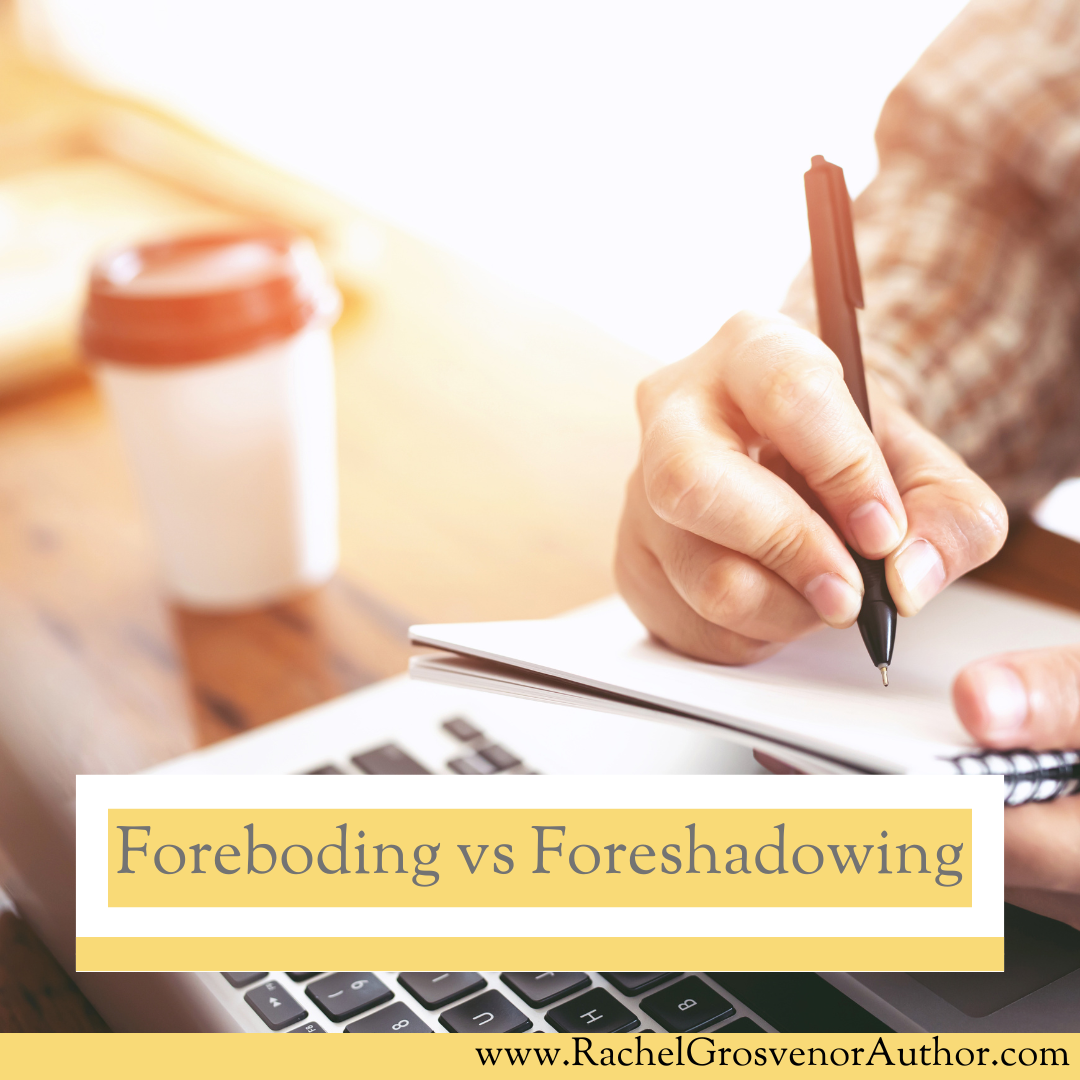So, you are ready to query and know how to do it. (Hint – if you need some help, check out the bottom of this blog post for information on finding literary agents, beta agents, and which path is best for you). Here are the things to avoid when querying Literary Agents.
1 – Sending Work Out Indiscriminately
Like applying for a job, sending out cover letters and samples of your work at random will not end positively. Agents want to know why you want to work with them, why you chose them, and why your work is relevant to their list. If you send work out randomly, you are less likely to get a positive response and may even be rejected by a publisher that would suit a novel you haven’t yet written. Get a good name for yourself, and focus on the agents who represent the type of work you have written.
2 – The cut and paste
I used to be a recruitment agent many years ago, and I can confirm that people can tell when a cover letter is cut and pasted. As other people may have taken the time to address an agent personally, those people are usually the ones the agent will go with.
Instead of cutting and pasting the information in your cover letter and query, research the specific literary agent you are sending your work to, and tell them why you are the best fit for them and why they are the agent you would like to work with. The more research you do, the more likely they are to respond to you.
3 – Querying Too Soon
When should you query? When your work is finished. A few things can come from querying too soon, and they are mostly panic, sweat, and grammatical errors. If you send off a few chapters of a novel you’ve written before it is complete, and the agent requests the full manuscript, you will either have to tell them that it is not yet finished or write through the night to get it to them. Either way, the work will not be as good as it might have been initially, which is a real shame. So, don’t rush to print – finish your novel and then send it out.
So there you have it. The message is: Take your time, research, and show the literary agent exactly why you are the writer for them. The harder you work at this stage, the more likely you will have a positive response.
Was this post helpful? Share it with another writer!
Looking for a similar read? Check out the following:











